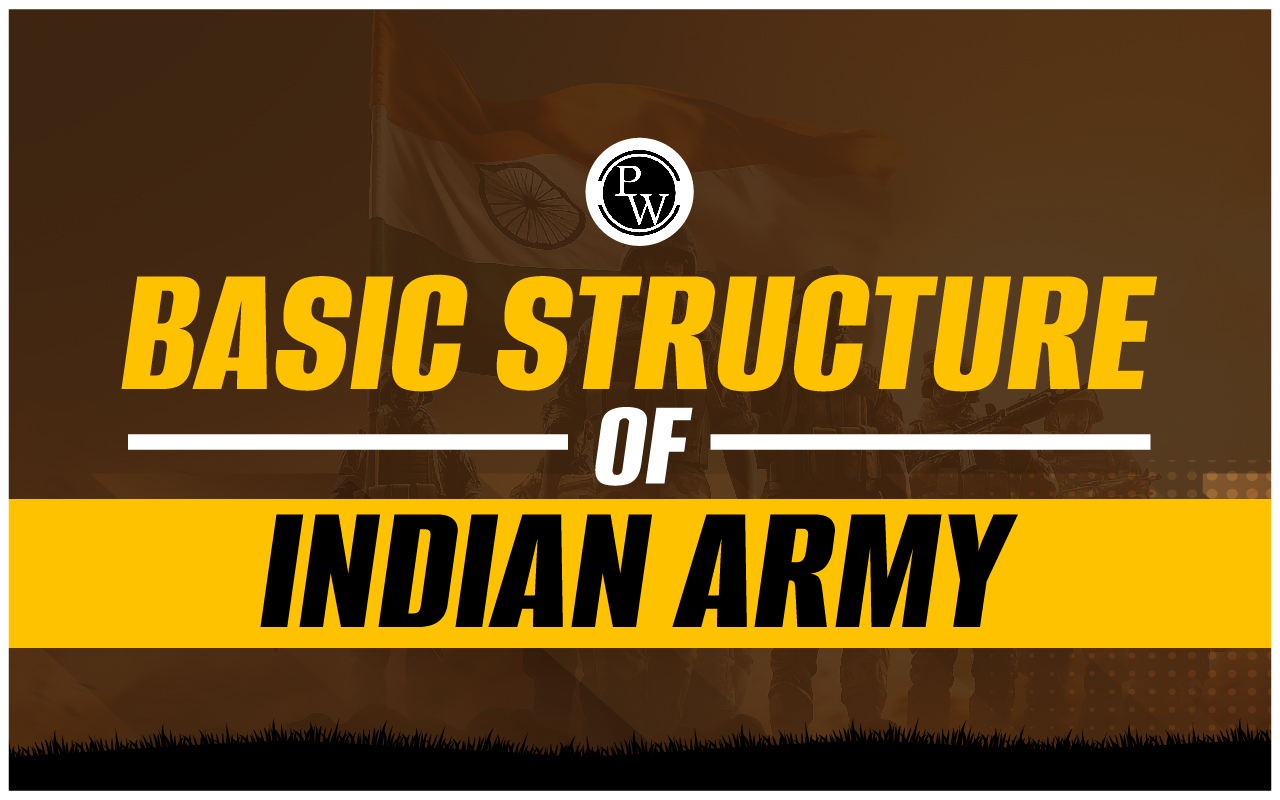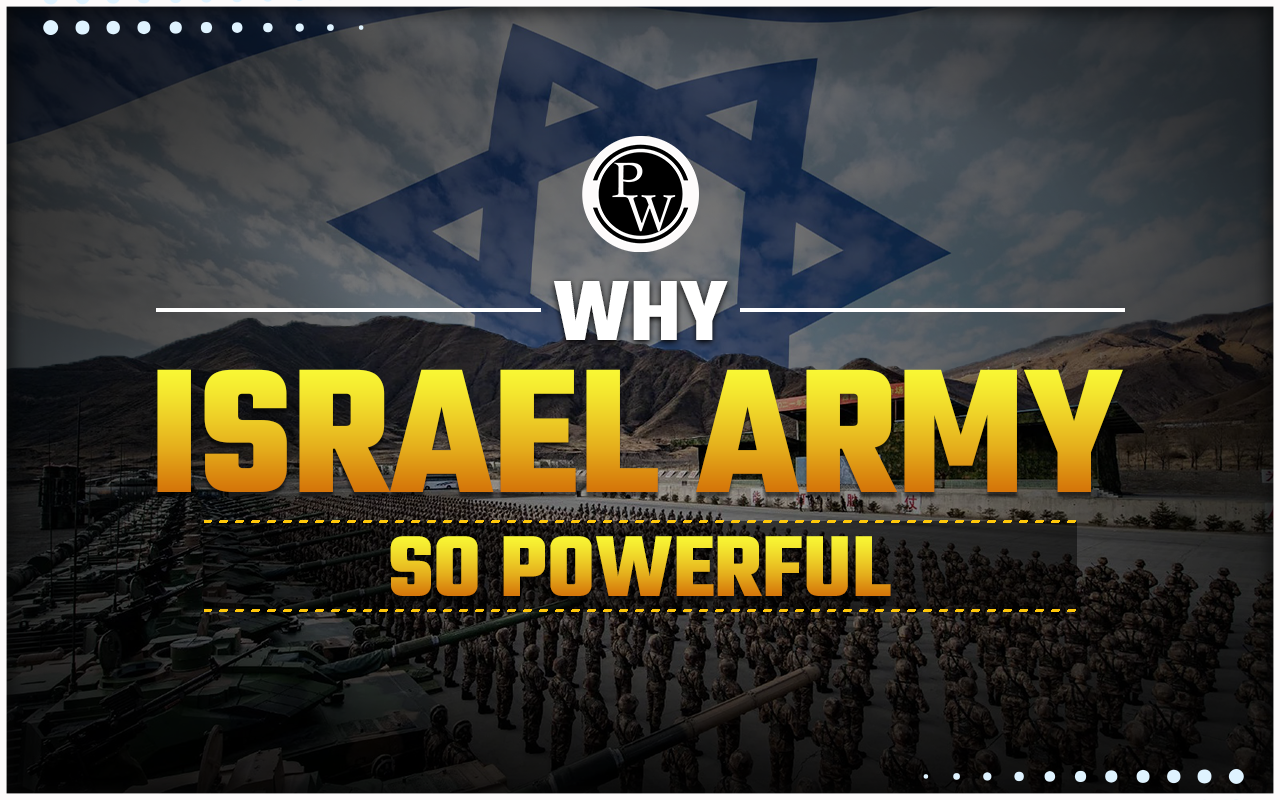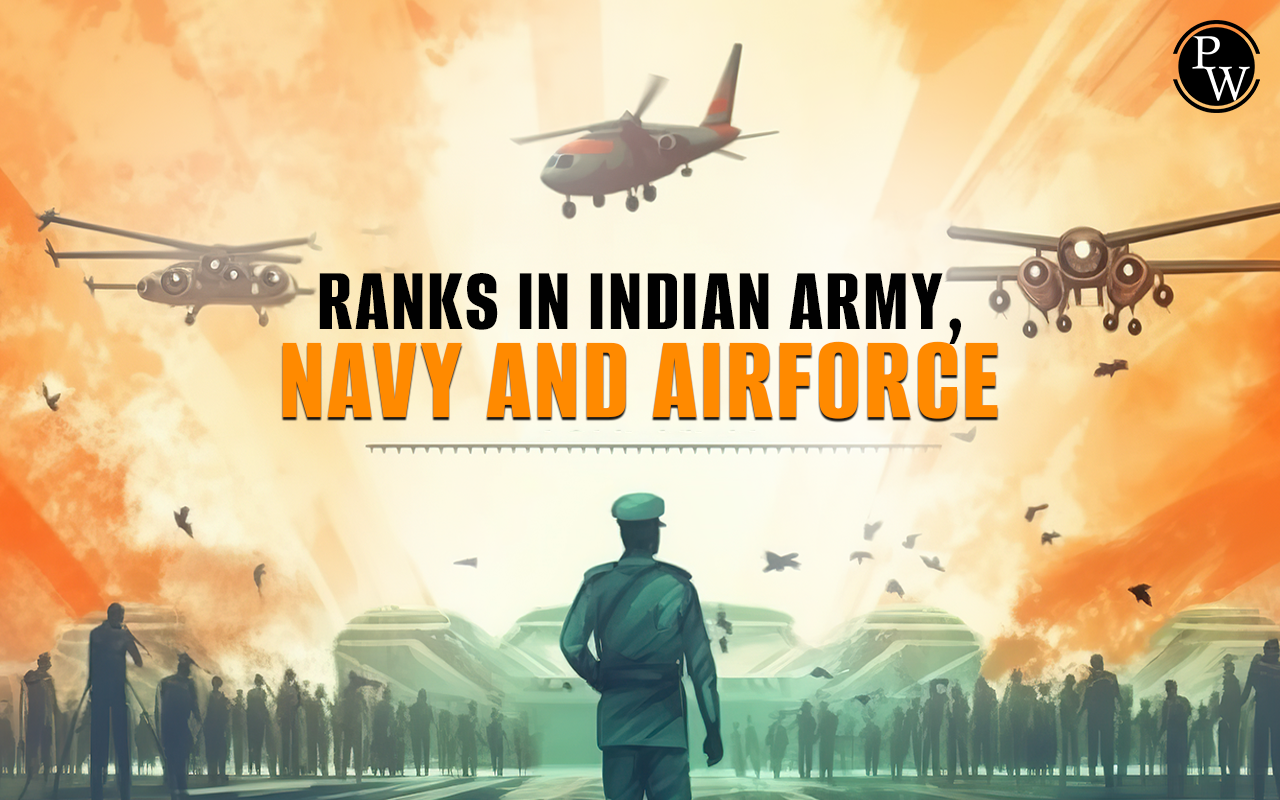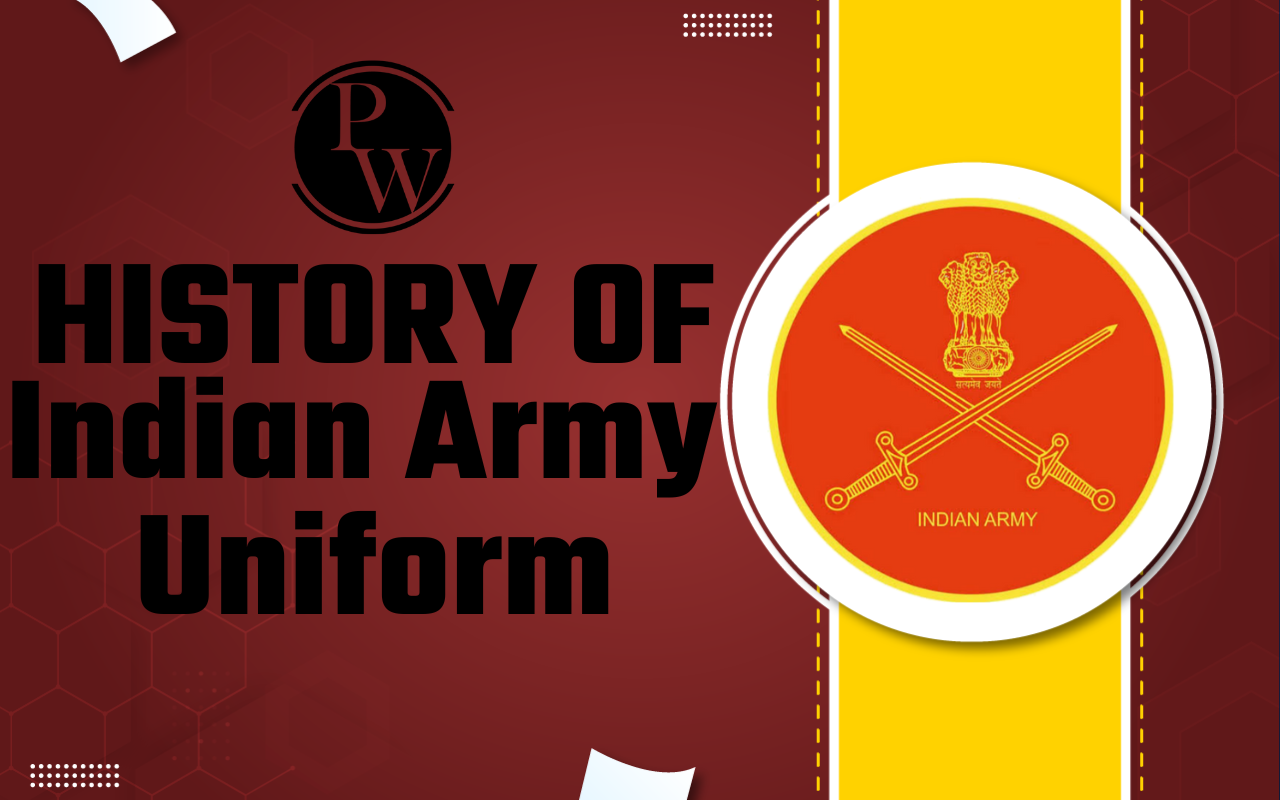
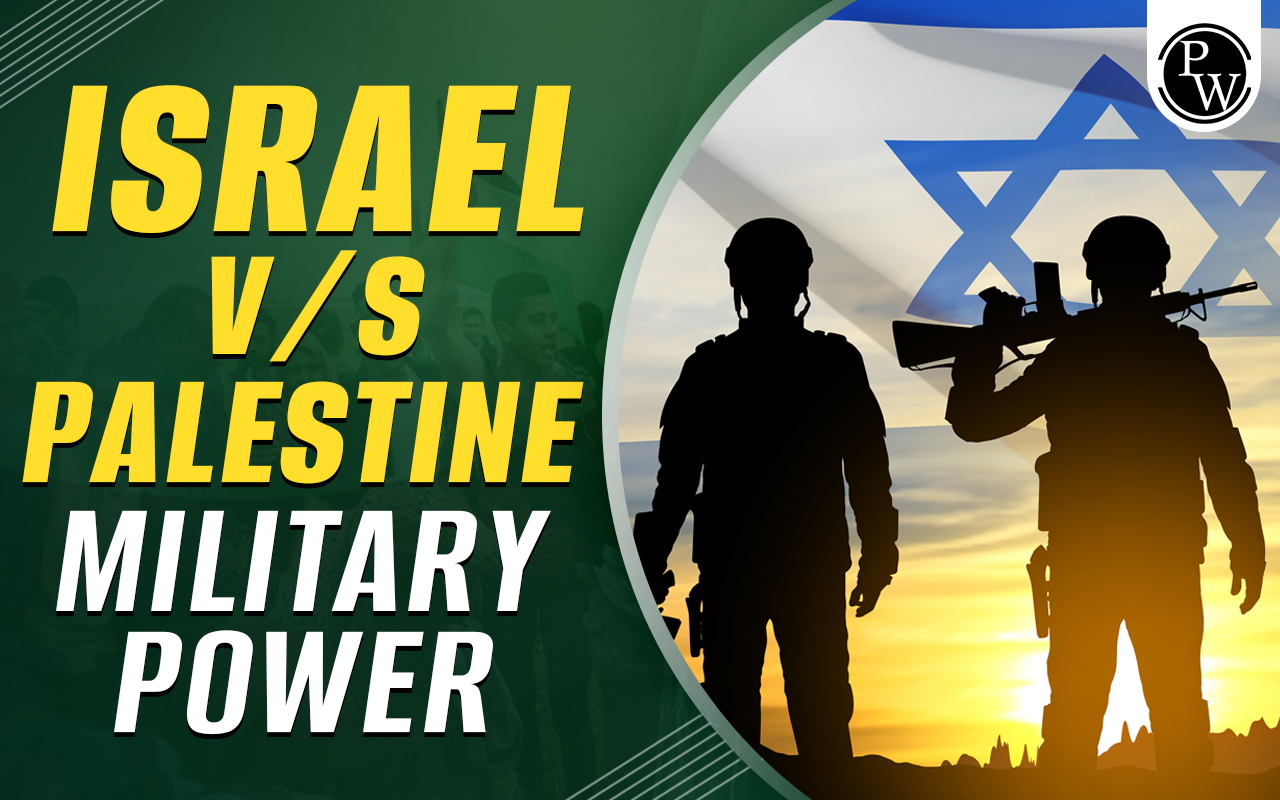
Israel Vs Palestine Military Power: T he Israel-Palestine conflict has a lengthy and intricate history, characterized by periodic surges of violence. This most recent upsurge in hostilities occurred once again in October, resulting in significant casualties on both sides . This recent surge in violence was triggered by a coordinated attack by dozens of Hamas militants, infiltrating Israeli cities, targeting military bases, and taking soldiers and civilians hostage. In response, Prime Minister Benjamin Netanyahu declared war on Hamas, the Palestinian militant group governing the Gaza Strip.
In this article, we will provide a detailed comparison of the military capabilities of both Israel and the Palestinian factions, understanding the complex dynamics of the ongoing conflict.
Military Power Israel vs. Palestinian
Israeli Military Power: The military power of Israel stands as a strong force on the global stage. Often recognized as one of the most powerful and technologically advanced nations, Israel's military prowess extends far beyond its relatively small geographical size and population. With a well-equipped air force, naval fleet, and advanced weaponry, Israel's military capabilities are a crucial aspect of the complex dynamics of the Israel-Palestine conflict. Here, we will look into the various dimensions of Israel's military might, highlighting its strategic strengths and significance in the region.
- Israel is globally recognized as one of the most powerful and militarily strong nations.
- Israel's military ranks fourth in the world, following only Russia, the United States, and China, according to a 2022 US News & World Report.
- The Israeli Air Force stands out as one of the world's most advanced with an array of sophisticated weapons systems, including Iron Dome, F-35 stealth fighters, smart bombs for precision strikes, and advanced sensor networks.
- Israel is believed to possess nuclear weapons, with estimates of its stockpile ranging from 80 to 200 warheads.
- It has around 684 fighter jets in its air force and a well-equipped navy with submarines, missile boats, and corvettes.
- Israel's missile capabilities include nuclear-capable medium-range ballistic missiles and advanced cruise missiles, offering a significant edge in long-range firepower.
Palestinian Military Power: The Palestinian territories, embroiled in a long-standing conflict with Israel, have seen the rise of various Palestinian resistance groups that have formed a significant part of their military power. While these groups lack the resources, infrastructure, and conventional armies of nation-states, they have displayed resilience and determination in their struggle for self-determination. Here, we will explore the military capabilities of Palestinian resistance groups, focusing on their strengths, weaponry, and their role in the ongoing Israel-Palestine conflict.
- Palestinian militant groups, including Hamas and Islamic Jihad, have fewer manpower resources compared to the Israeli army.
- Hamas, with reported fighters ranging from 10,000 to nearly 40,000, has acquired arms and weapons, including drones, anti-tank missiles, and rockets.
- Palestinian factions, including Hamas, have a diverse inventory of rockets with varying ranges, some of which are capable of reaching cities like Tel Aviv.
- Unlike Israel, Palestinians lack an indigenous defense industry, relying on external sources for military equipment.
- The Palestinian Authority's security forces, created under the Oslo Peace Accords, do not play a military role and have approximately 83,000 personnel.
- Palestinian groups receive support from countries like Iran and Syria for weaponry.
Disparities in Military Resources: While Israel maintains a well-equipped and heavily militarized military, the Palestinian factions, notably Hamas and Islamic Jihad, have been procuring arms and rockets from external sources. Despite the numerical advantage of the Palestinian factions, Israel's advanced weaponry, missile systems, and air defense infrastructure grant it a significant military edge.
Conclusion: The Israel-Palestine conflict is characterized by stark disparities in military resources. Israel boasts a powerful and technologically advanced military, while Palestinian factions rely on external sources for their weaponry. The ongoing conflict dynamics are marked by complex political, economic, and military factors, and achieving a peaceful resolution remains a significant challenge.
This comparison underscores the vast differences in military capabilities between the two sides, with implications for the scale and impact of hostilities in the region. Efforts toward finding a peaceful and lasting solution to the conflict continue to be a global priority.
Israel Vs Palestine Military Power FAQs
Q1. What makes Israel's military one of the most powerful in the world?
Q2. How many nuclear weapons is Israel estimated to possess?
Q3. What is the budget of the Israeli Defence Forces (IDF)?
Q4. How does the manpower of Palestinian resistance groups compare to Israel's?
Q5. : How does Israel's missile inventory compare to that of Palestinian resistance groups?



